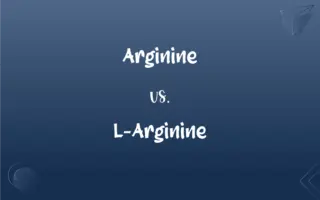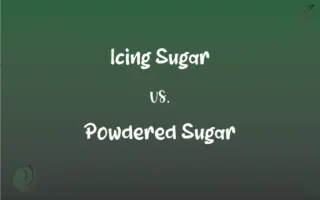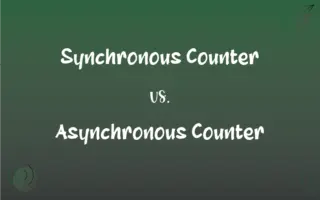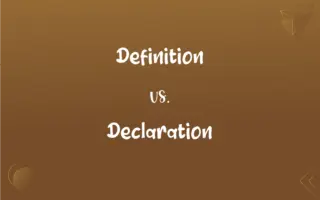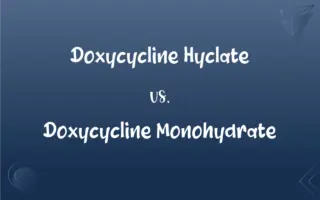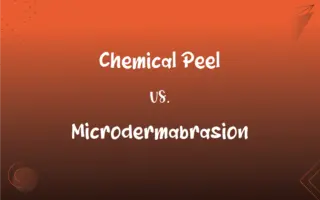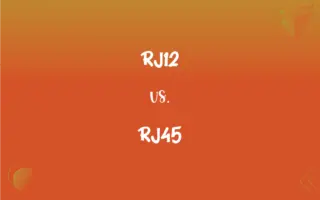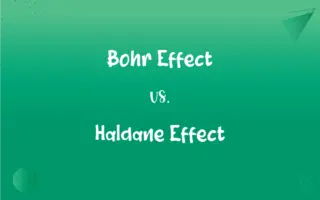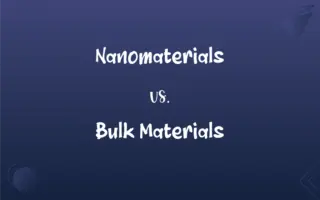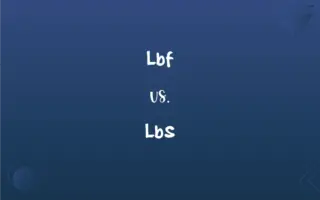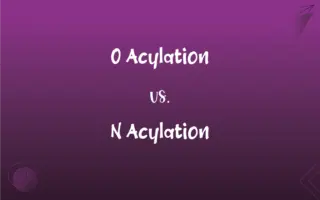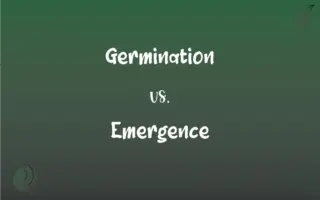Reagent vs. Solvent: What's the Difference?
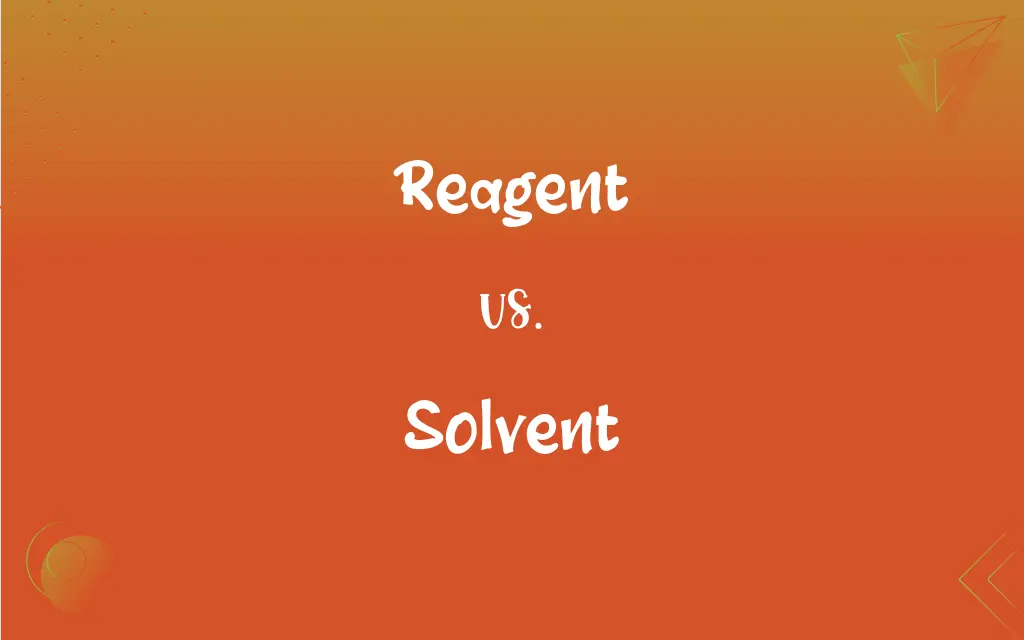
Reagent and Solvent Definitions
Reagent
A substance used in a chemical reaction to detect, measure, examine, or produce other substances.
Solvent
Capable of meeting financial obligations.
Reagent
(chemistry) A compound or mixture of compounds used to treat or test materials, samples, other compounds or reactants in a laboratory or sometimes an industrial setting.
Solvent
(Chemistry) Capable of dissolving another substance.
Reagent
A substance capable of producing with another a reaction, especially when employed to detect the presence of other bodies; a test.
ADVERTISEMENT
Solvent
A substance in which another substance is dissolved, forming a solution.
Reagent
A chemical agent for use in chemical reactions
Solvent
A substance, usually a liquid, capable of dissolving another substance.
Solvent
Something that solves or explains.
Solvent
A fluid that dissolves a solid, liquid, or gaseous solute, resulting in a solution.
ADVERTISEMENT
Solvent
That which resolves.
Solvent
(finance) Able to pay all debts as they become due, and having no more liabilities than assets.
Solvent
Having the power of dissolving; causing solution.
Solvent
Having the power of dissolving; dissolving; as, a solvent fluid.
Solvent
Able or sufficient to pay all just debts; as, a solvent merchant; the estate is solvent.
Solvent
A substance (usually liquid) suitable for, or employed in, solution, or in dissolving something; as, water is the appropriate solvent of most salts, alcohol of resins, ether of fats, and mercury or acids of metals, etc.
Solvent
That which resolves; as, a solvent of mystery.
Solvent
A liquid substance capable of dissolving other substances;
The solvent does not change its state in forming a solution
Solvent
A statement that solves a problem or explains how to solve the problem;
They were trying to find a peaceful solution
The answers were in the back of the book
He computed the result to four decimal places
Solvent
Capable of meeting financial obligations

























